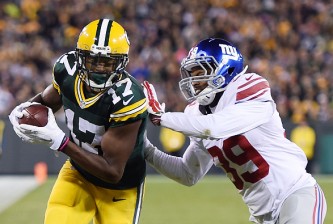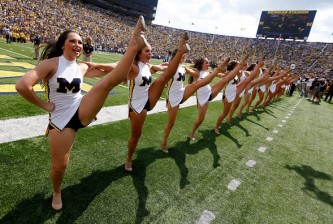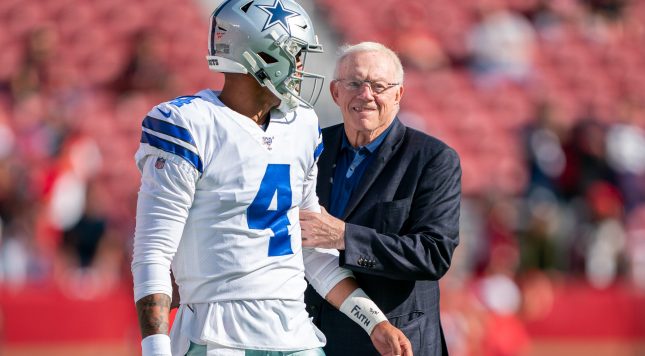Have you ever asked yourself what differentiates successful entrepreneurs from the rest? Some would say that their extensive knowledge, while others would think their ability to make predictions.
But if it would be to ask you want sets successful football players apart from other people, would your answer be different? You will probably state that when betting on sports you need to be good with numbers, and to create effective strategies.
The truth is that all the above skills can help you be a successful bettor because it’s impossible to make predictions without football knowledge. But none of them makes the difference because the factor that influences your success is your objective thinking. If you precisely analyse the information you dispose of, you can make rational decisions based on data. This is the secret to making money when betting on football.
It sounds simple, but it’s more difficult than you think to maintain your thinking objective.
Your brain is prone to cognitive biases
You can trick yourself that you are thinking objectively when you’re not. Various factors influence your decision-making processes. Your emotions and aspects of your psychology affect your decisions, and often your brain forces you to think irrationally. Cognitive biases highly impact the way you interpret information and how you make decisions, so it’s one factor you need to consider when you bet on football.
The desirability bias often affects football wagerers
You may’ve started to bet on football because you’re a fan of the sport, you may have a favourite team or you prefer a player. You probably have teams you’d rather do without. If you would be only a fan, this would be an acceptable attitude, but because you are an entrepreneur, your preference for a team or player can affect your perspective.
The desirability bias is your tendency to speculate on what you would like to happen. If you are an entrepreneur with wishful thinking, browsing through articles, informational resources like ATS provide can help you bet on the winner.
The desirability bias doesn’t affect recreational bettors because they do it for entertainment. The idea for them is to put a small sum on their favourite team, and if they are lucky, they win.
However, if this is what you do for a living, then you don’t afford to let your heart decide your actions. The simplest way to prevent losing money is to avoid betting on your favourite team or player.
Your loss aversion leads you to make bad decisions
It’s understandable that you hate to lose money, but it’s a slight difference between having negative feelings towards losing, and having a loss aversion. The last one inevitably affects your ability to make decisions.
When betting on football, this attitude can prove catastrophic because you are so concerned about exposing yourself that you tend to choose the safer option. Often this solution doesn’t bring you money. You shouldn’t choose the least risky option, but the one that holds the highest value.
Desirability bias and loss aversion aren’t the only cognitive biases that influence your betting decisions, but they are the ones that affect most of the high rollers.























